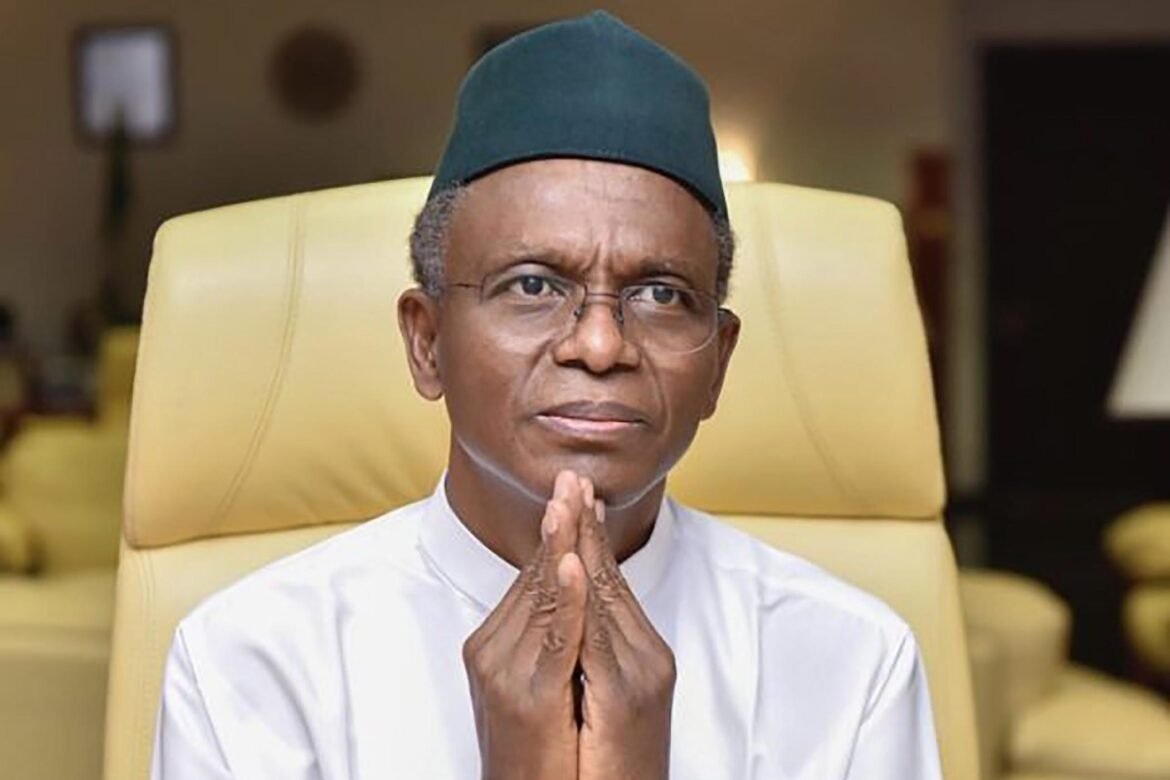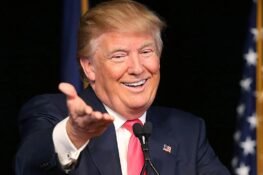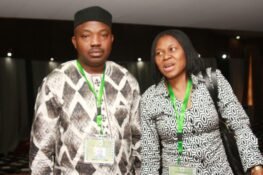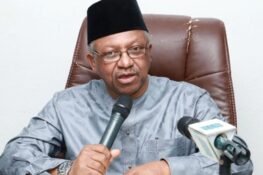Governor Nasir El-Rufai of Kaduna State said he was happy that the Nigerian Telecommunications Limited (NITEL) died because “it wasted $7 billion of tax payers’ money.”
El-Rufai, who said in Lagos that he was happy that NITEL “died”, added that the organisation had become a “dinosaur that failed to innovate when it mattered most and gradually, it died,” according to a report in The Guardian.
Speaking during the 20th anniversary of the Association of Licensed Telecommunications Operators of Nigeria (ALTON), the governor stated that despite the huge investments made by the Federal Government, the extinct NITEL management was only able to provide just 450,000 telephone lines for the millions of Nigerians, “the service, which was very epileptic and most expensive network in the world.”
“I am happy that NITEL died. It deserved to die. It was retarding the progress of the nation. The telecoms revolution caught them unawares,” he said.
El-Rufai decried how NITEL ‘muzzled’ private telecommunications operators (PTOs) by “fixing outrageous interconnect fees with the intention of remaining the only operator in the market.”
According to el-rufai, the non-operational company controlled almost 98 per cent of the market, leaving the remaining two per cent for PTOs to compete, ‘’even at that, NITEL was not ready to leave the 10 per cent for the PTOs.
“On so many occasions, NITEL disconnected these PTOs, and that became a huge problem for some of them, which relied on Interconnect fees to sustain in the market.”








